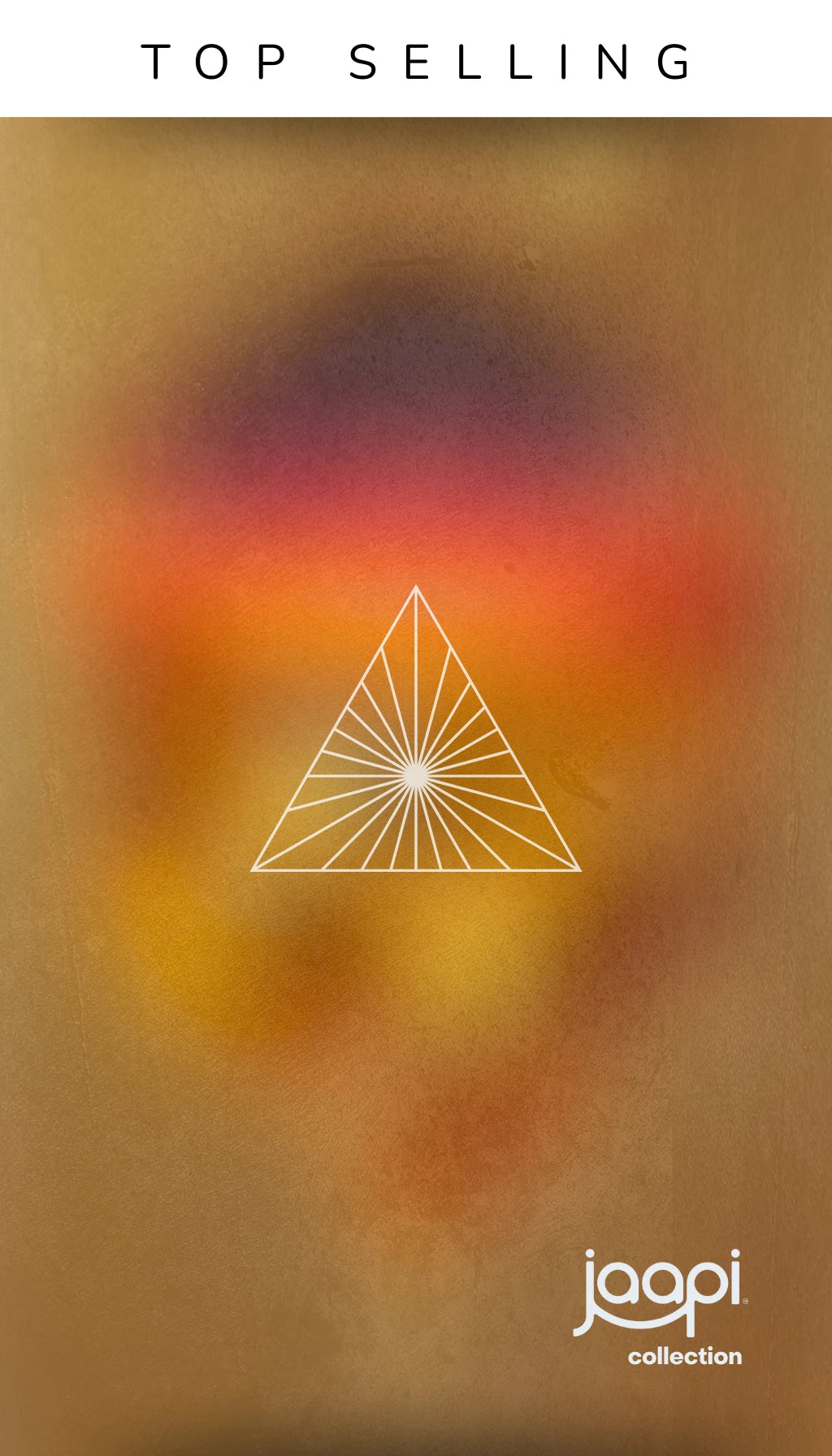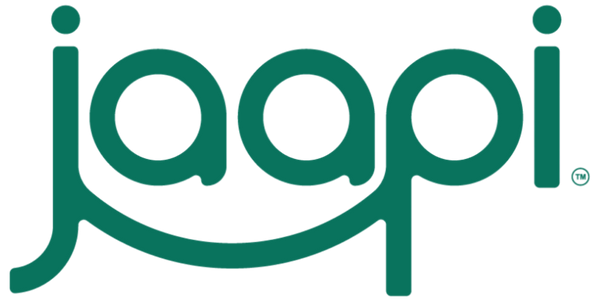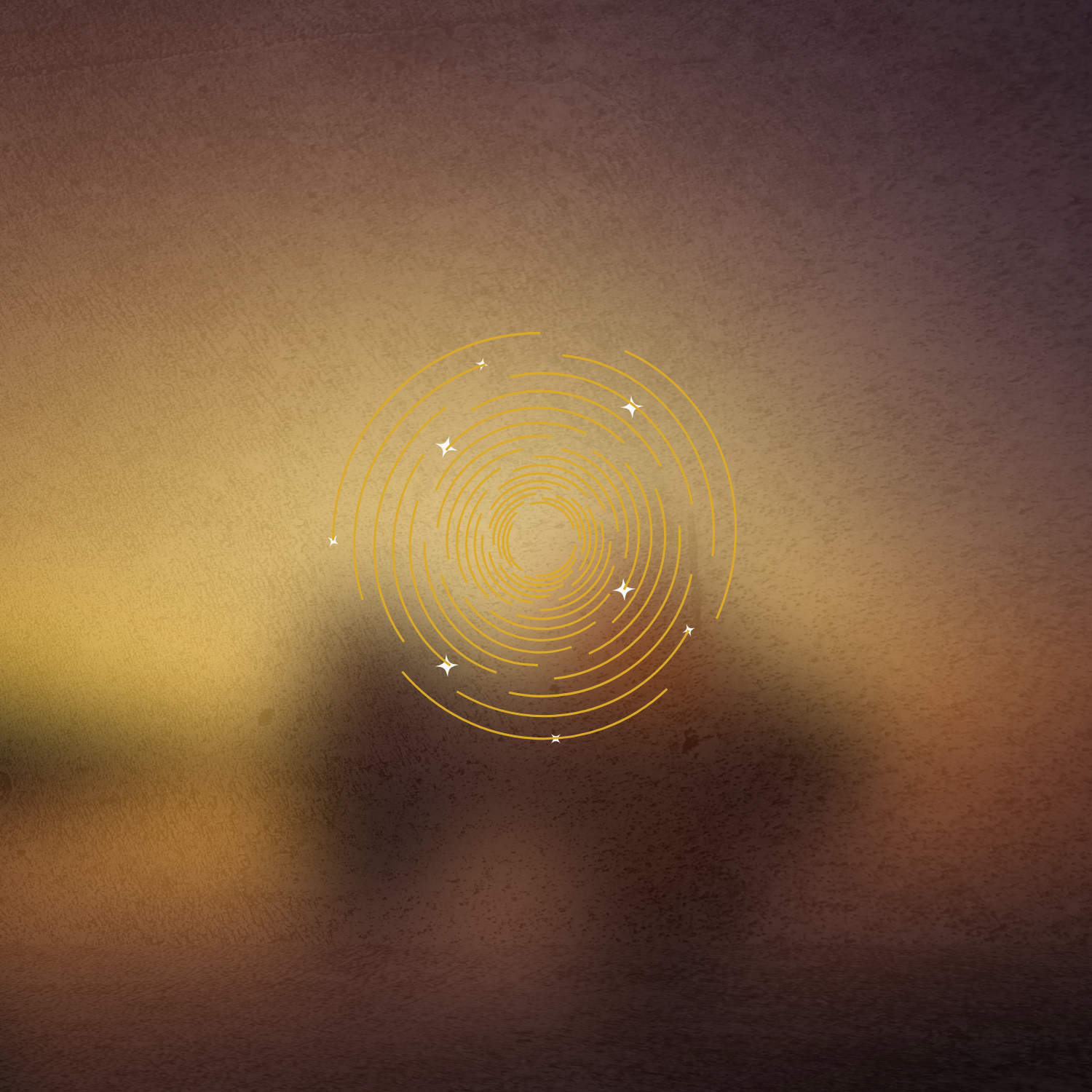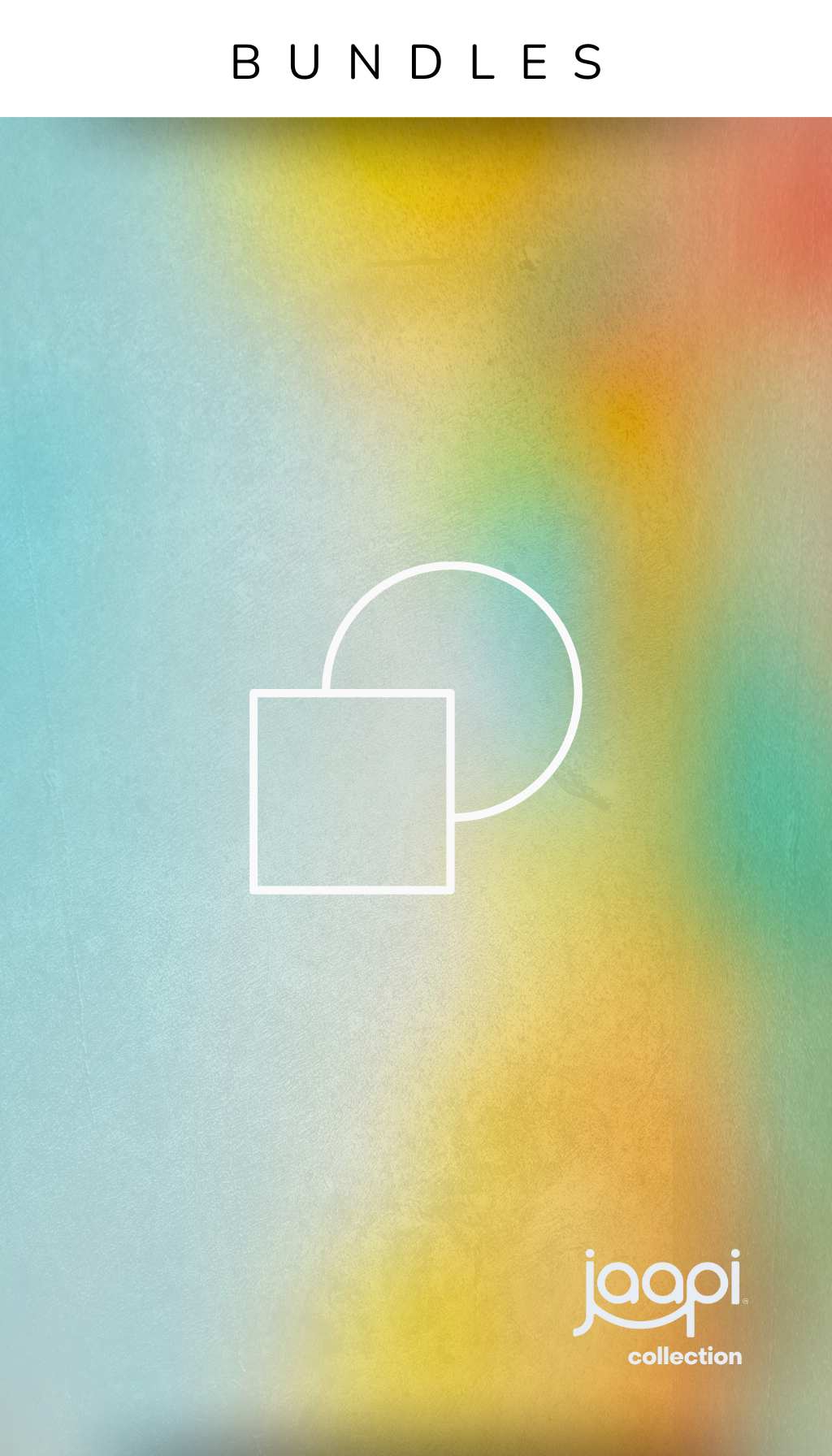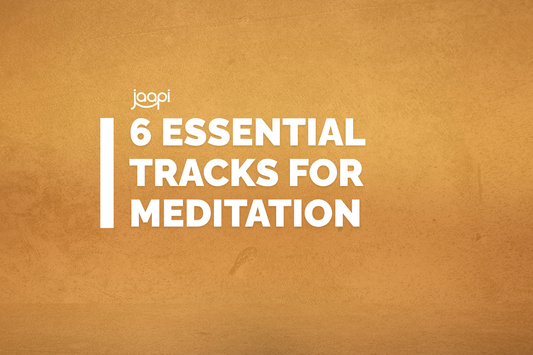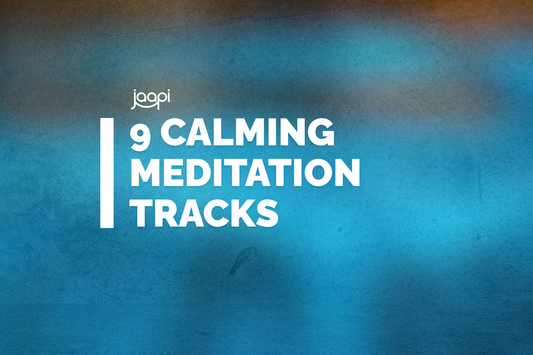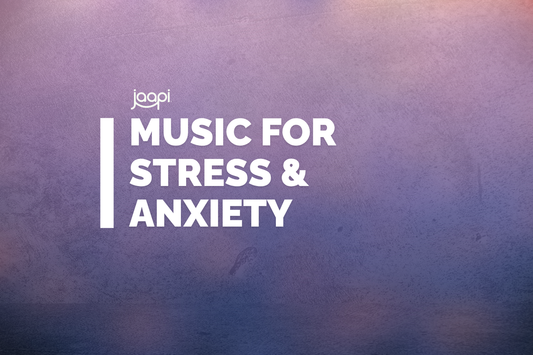Where Can I Get Copyright Free Meditation Music? Trusted Sources & Licensing Tips
You can get copyright-free meditation music from licensed platforms like Jaapi's royalty-free collections, YouTube Audio Library (with attribution), and subscription services like Epidemic Sound or Soundstripe. The key is verifying that "free" actually means "legally usable for your intended purpose"—YouTube videos and random downloads often have hidden restrictions that can trigger copyright claims.
Affiliate Disclosure: As an Amazon Associate, we earn from qualifying purchases. We only recommend external tools that complement your practice.
Trusted Sources for Copyright-Free Music
Jaapi Royalty-Free Collections
Our royalty free meditation music is designed specifically for creators, therapists, and wellness professionals. Every track includes clear commercial licensing—no attribution required, no surprises. You can use these in YouTube videos, client sessions, apps, podcasts, or digital products without worrying about copyright strikes.
YouTube Audio Library
Free for YouTube projects, but comes with important catches. Some tracks require attribution in your video description, and licenses can change without notice. Great for personal YouTube channels, less reliable for commercial or client work. Always download the current license terms with each track.
Free Downloads from Jaapi
Want to try before you buy? Our free meditation music downloads give you sample tracks with clear licensing—perfect for testing quality and vibe before investing in larger collections.
Subscription Services
Platforms like Epidemic Sound, Soundstripe, and Artlist offer unlimited downloads for a monthly fee. Good for high-volume content creation, though costs add up. Make sure your subscription covers your specific use case—some plans restrict commercial client work.
Browse our royalty free meditation music with clear commercial licenses for YouTube, therapy sessions, apps, and digital products.
Try risk-free:
Download free sample tracks to test quality before you commit.
What to Avoid
Never download music from YouTube videos, even if they claim "no copyright" or "copyright-free" in the title. These are often misrepresented, and you have no legal protection if a claim comes through. Random "free music" websites without clear licensing documentation are equally risky—you're essentially using unlicensed content.
Streaming service purchases (Spotify, Apple Music) don't include creative licenses either. Buying a song for personal listening doesn't give you the right to use it in videos, therapy sessions, or products. For more on this confusion, see our post on whether royalty-free music is actually free.
Best Practices for Creators & Professionals
- Save all license documentation - Keep receipts, license PDFs, and download confirmations. If you get a copyright claim, you'll need proof of licensing. A project journal helps track which music you've licensed for which projects.
- Use quality equipment for production - If you're creating guided meditations or wellness content, a USB microphone ensures your voice sounds professional over the background music. Serious creators often upgrade to a professional audio interface.
- Test audio quality before committing - Good headphones help you catch audio issues that phone speakers miss—especially important when mixing voice with background music.
- Read the actual license - "Copyright-free" doesn't always mean "commercial use allowed." Some free music only covers personal projects, not paid work or monetized content.
- Check geographic restrictions - Occasionally, licensing varies by country. Make sure your license covers where your audience lives.
Specific Use Cases
For YouTube Creators
You need tracks with explicit YouTube commercial use rights. Our meditation music works perfectly for monetized channels. For more YouTube-specific guidance, see our post on avoiding copyright claims on YouTube.
For Therapists & Wellness Practitioners
Client session music needs commercial licensing, even if you're not selling recordings. In-person or virtual sessions both count as commercial use. Look for tracks specifically cleared for therapy and healing work.
For App Developers & Digital Products
Apps, online courses, and digital downloads require the most comprehensive licensing. Make sure your music license explicitly covers software and digital product distribution. See our post on playing royalty-free music on websites for more details.
The Bottom Line
Truly copyright-free meditation music requires either paying upfront for a license or carefully verifying free sources include proper commercial rights. The small investment in legitimate music protects your business, builds professionalism, and prevents the headache of copyright strikes or legal issues down the road.
For wellness professionals and content creators, licensed music isn't an expense—it's insurance. One copyright strike can tank a YouTube channel's performance or expose client work to legal liability. Proper licensing eliminates that risk entirely.
